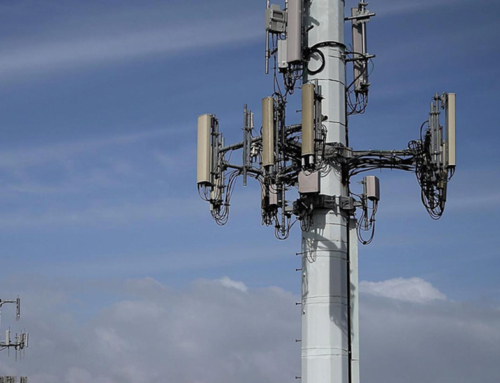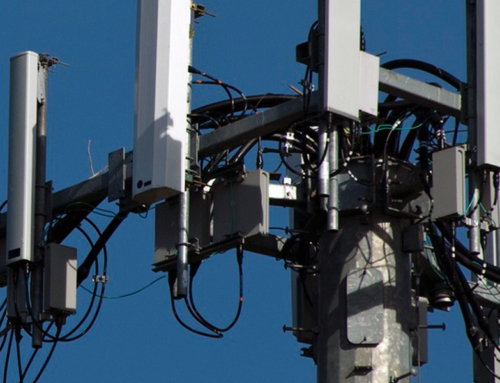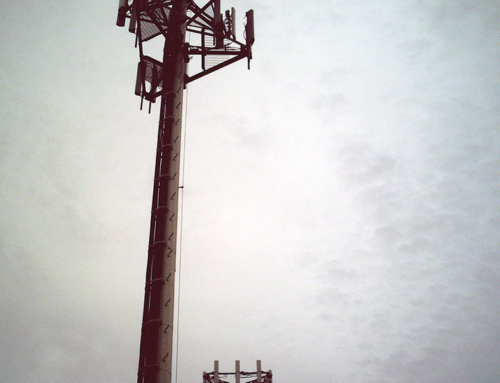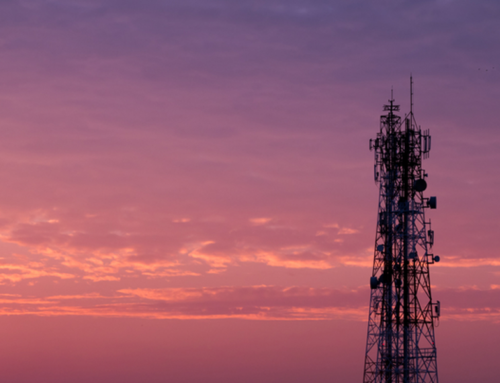Take a look around these days and regardless of where you are—a gym, restaurant, subway car, or doctor’s office—large numbers of people are illuminated by the glow of their favorite device. Americans are constantly using data-rich services, and we have come to expect the ability to connect anytime, anywhere. Consumer demand is relentless and mounting, so wireless companies must be agile and steadfast about providing network coverage.
The increase in demand and explosion of devices necessitates comprehensive infrastructure deployment to handle the load. New cell sites must continually be added in order to provide faster speeds and better service, and that fact is great news for many landlords who stand to benefit from carriers’ desire to place equipment in very precise areas. Understanding the needs of carriers, like AT&T Mobility, T-Mobile US, Verizon Wireless, and Sprint, is key to making the most of your situation.
Here are a few considerations you should know about in regard to general criteria for site acquisition:
- As you might imagine, location is the most crucial aspect for wireless carriers. Desirability in this context has to do with demand for coverage and scarcity of locations. As a rule of thumb, densely populated, urban areas that require solid network capacity and coverage tend to call for higher rental prices than rural settings with smaller populations. If your site is located in a place where coverage is limited, its value surges.
- Analysts at Nomura Equity Research estimate that one tower used by a single tenant costs approximately $316,000 to build and maintain over a ten-year timeframe. Because of the significant capital that must be invested to build infrastructure, carriers tend to prefer meeting their coverage needs by leasing towers, rooftops, and antennas. This more cost-effective strategy for the carrier creates opportunities for vertical asset owners in particular.
- If an existing structure is involved, carriers will narrow down to those that are physically sound and have appropriate capacity.
- It is important that a site be free of environmental issues and have a clean title as well as collateral value.
- Zoning laws can be an issue, especially if several spots that are otherwise equally suitable are being considered. If the laws vary between them and one zoning authority is notoriously difficult to work with, for example, a carrier may be persuaded to choose the path of least resistance.
Though this basic information is useful for understanding some of the factors that influence site acquisition, cell tower advisory services are invaluable to landlords who are contemplating a lease agreement or those who are currently engaged in a contract that will be up for renewal.
The experts at The Filo Group have been involved in thousands of wireless transactions and carry a profound understanding of the highly nuanced wireless industry into every client interaction. Let us help ensure that your cell site lease transaction yields the most profit for you. Contact us for a free consultation.








